Everyone knows Bulgaria’s Hisarya as a tourist town with a centuries-old history and 22 mineral springs with water with proven healing properties. During all seasons of the year tourists flock here - Bulgarians and foreigners, attracted by the natural resources of the small town. The proximity of Sredna Gora Mountain and the pine forests, which literally make a circle around the city, favour the mild climate all year round.
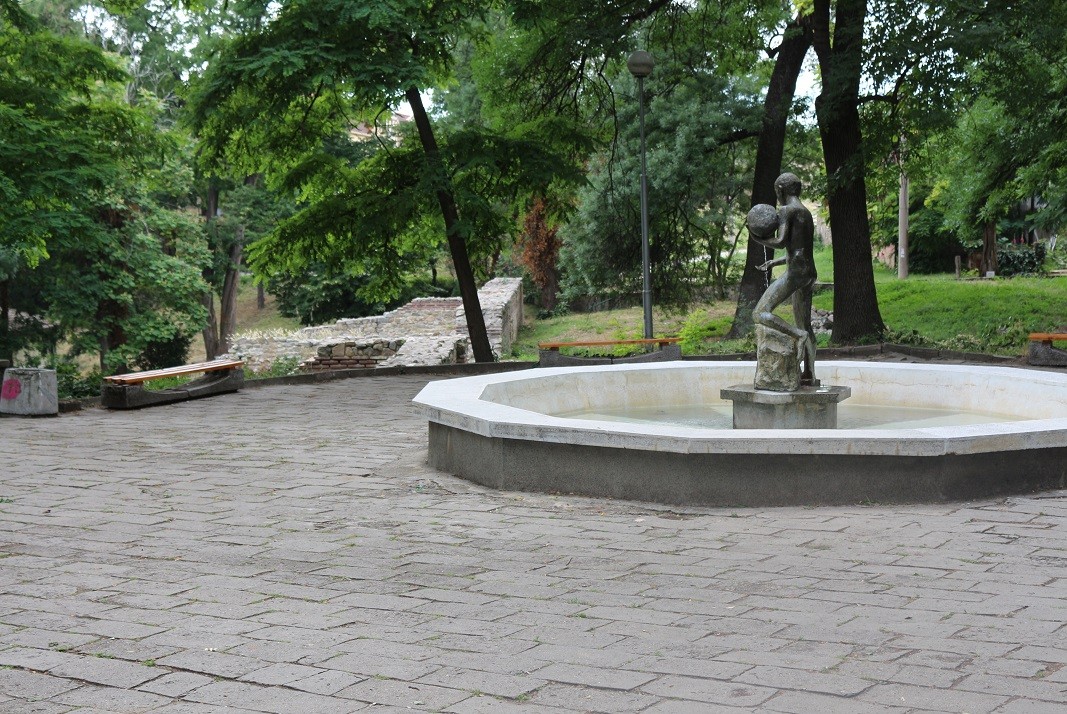
The smell of pine can be felt in the Momina Banya district in Hisarya, but some of the most healing waters also gush out here. It is this combination of natural factors that has attracted people to these places since ancient times - a prehistoric settlement around the mineral springs existed before V-IV millennium BC. Nearby are the remains of an impressive Roman bath, discovered in 1935. Archaeologists date the construction to the 4th century. There is no way this rich history has not affected the way of life and culture of today's inhabitants of the resort town.
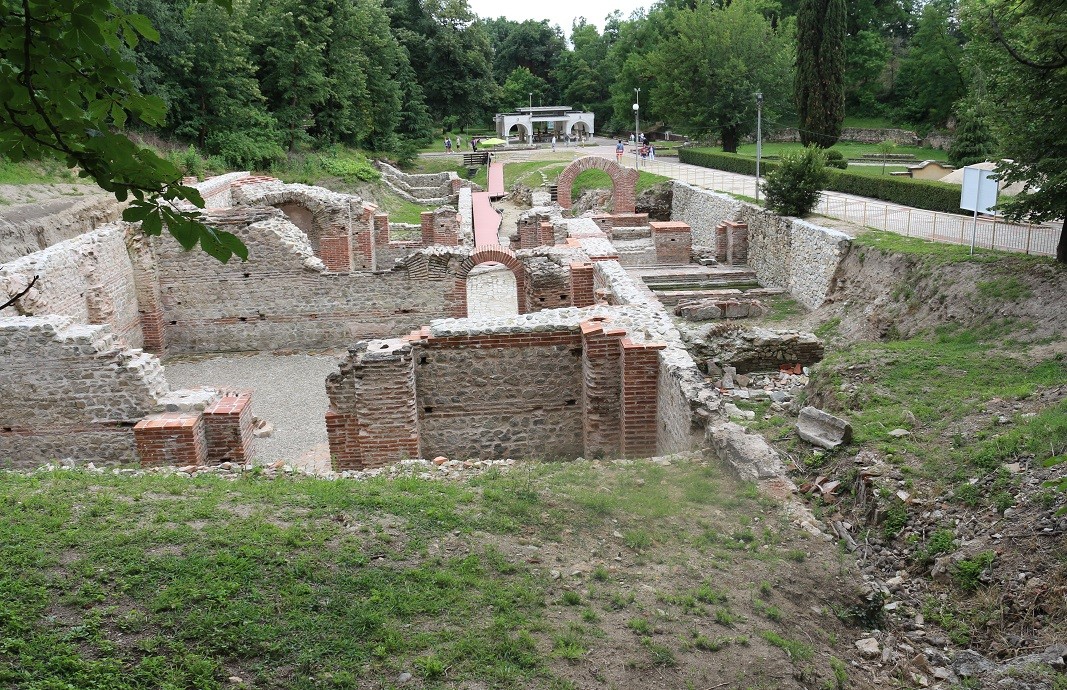
Today, the guardian of songs, dances and crafts in the Momina Banya district is mainly the local cultural community centre "Nikola Yonkov Vaptsarov-1927". Its long-term chairperson is Mariana Nikolova-Valkova. She herself is not a native of this town, but when she came to Hisarya she was fascinated by the voices of the singers and their art of knitting lace and modelling fine baskets of straws. She has set herself the goal of giving a platform and popularity for the talent of the amateurs. When not travelling to participate in national folklore festivals around the country, the singers of Hisarya delight with their voices the tourists who came to see the ancient Roman baths in the town. They are a major participant in the programme of the traditional fair of Momina Banya, which is held every year on August 15, on the church feast of the Assumption of the Theotokos. This year the celebration will be only in the church because of the measures against the pandemic.
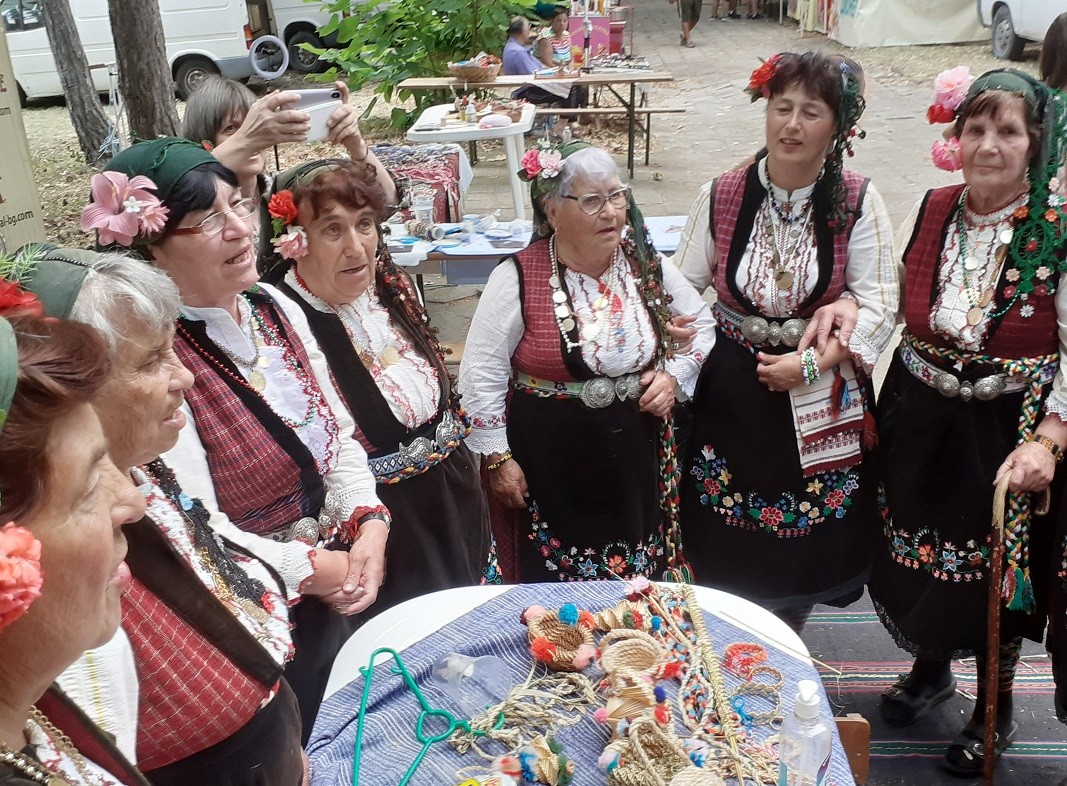
However, the summer work and the meetings of the singers in the community centre continue, says Mariana Nikolova-Valkova:
"We have a lot of performances. The group has recordings in the Bulgarian National Radio, and there is nothing more important than that, because it will remain for the generations. These songs are our great treasure. We are different even from the settlements close to us, we have individuality. For example, our mummer's masks are the only ones in the whole municipality. They are not scary, but are very beautiful and are sewn from fabric and beads. Everything here is decorated with beads and sequins - costumes, lace scarves, bracelets. This results in very beautiful costumes. We have preserved old-time garments in the community centre. Our singing group was established in 1955 and now there are women in it who were then 12-13 years old, and continue to sing. We also do small workshops for children”.
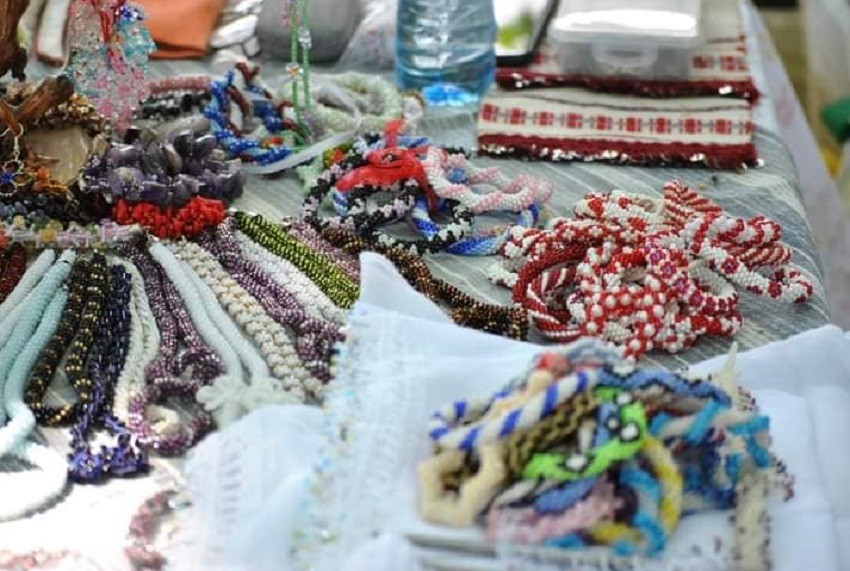
The community centre of Momina Banya is currently housed in a metal pavilion, with two halls and a library. There are 5,000 volumes of literature, mostly for students.
"Children from the primary school in Hisarya are also coming. With their help we make beautiful adornments traditional for the Momina Banya district. We use the so-called Bulgarian technique for stringing beads. 10 - 12 thousand beads are used for one belt and it is very laborious to make. No two belts are the same, but weaving beads and sequins into our costumes is part of the tradition and it will continue”.
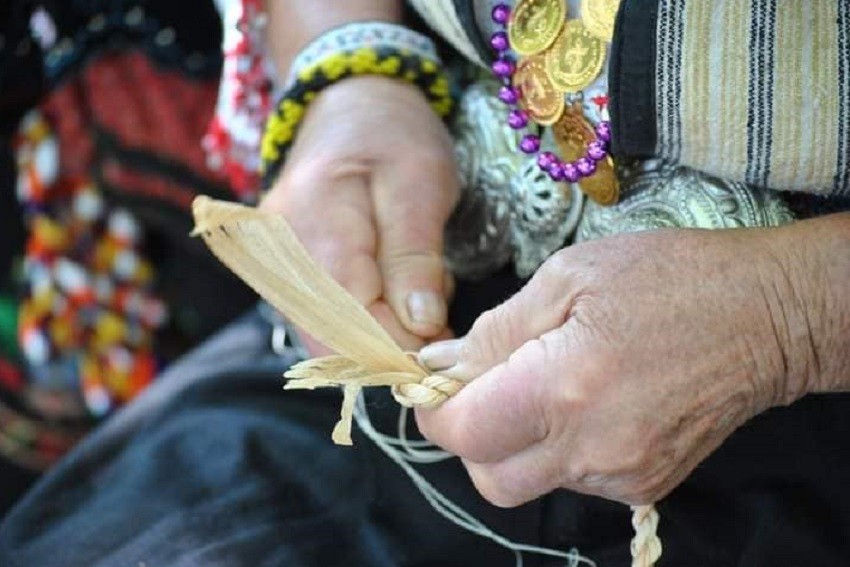
English Rositsa Petkova
Photos: private library, Gergana Mancheva, BGNES, Facebook/GuardianoftraditionsBulgarian dance ensemble “Jantra” from Budapest will participate in the fourth edition of the International Folklore Festival “BalkanFolk”, which will be held in early October in Palma de Mallorca, BTA has reported. The initiative..
The heart and rhythm of the Bulgarian spirit – with these words we can metaphorically define the National Festival of Bulgarian Folklore. Traditionally, since the distant 1965, the event has been organized once every five years on the first weekend of..
The number of Bulgarian folk dance ensembles abroad is growing and, alongside Bulgarian schools, they are among the key centres that unite compatriots overseas and preserve their connection to their roots. Recently, some of these dance troupes returned..
Bulgarian dance ensemble “Jantra” from Budapest will participate in the fourth edition of the International Folklore Festival..

+359 2 9336 661
